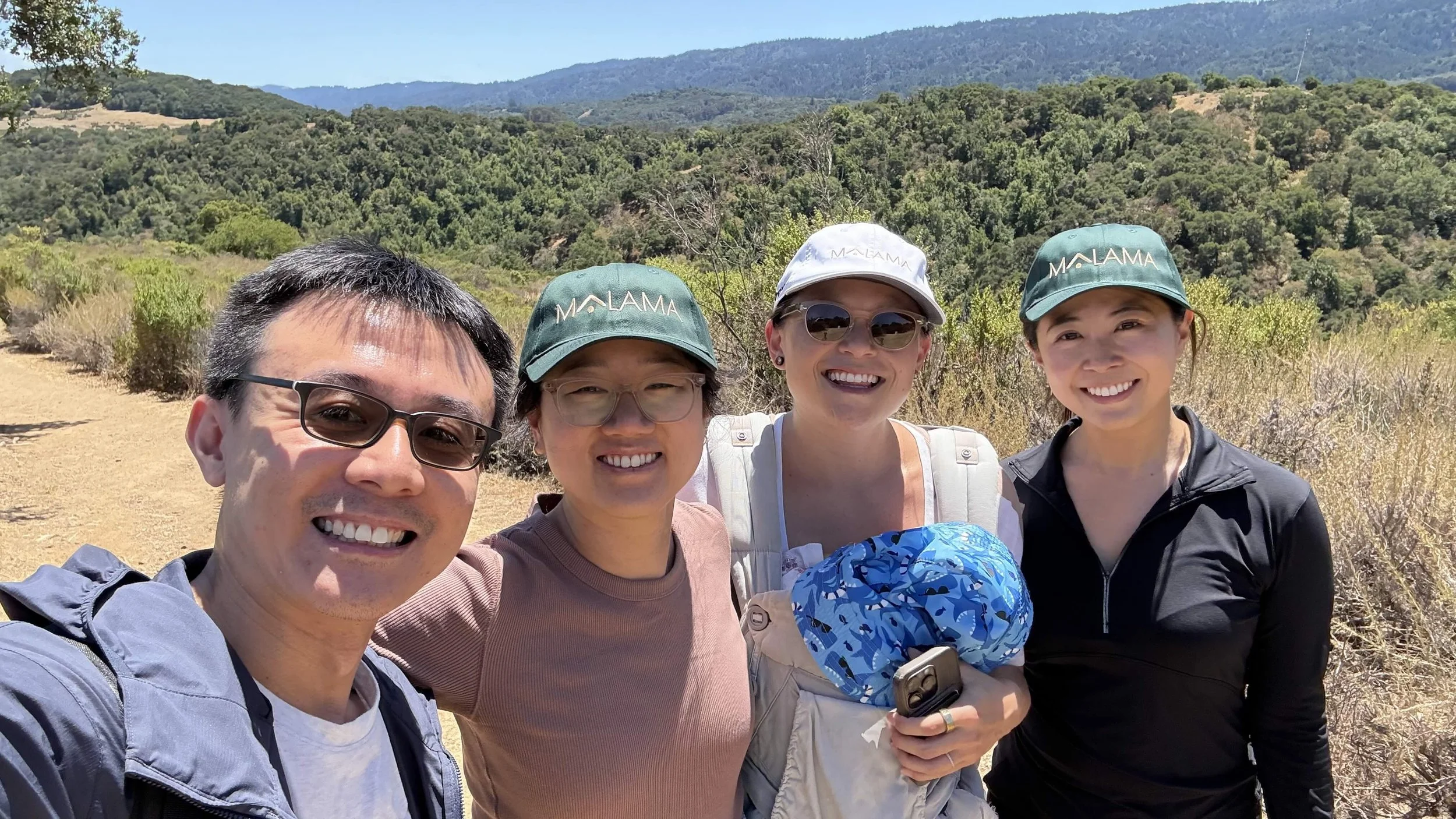Malama Health Awarded $2.4M Fast Track SBIR Grant from NIH to Prevent Type 2 Diabetes in Postpartum Women
Malama Team Offsite (July 2025)
SAN FRANCISCO — Malama Health, a privately held San Francisco-based health technology company focused on improving maternal health outcomes, announced that the National Institutes of Health (NIH) has awarded the Phase I portion ($314K) of its Fast Track Phase I/II ($2.4M total) Small Business Innovation Research (SBIR) grant. The grant aims to reduce the progression to type 2 diabetes (T2D) in women who experienced gestational diabetes mellitus (GDM) during pregnancy.
The project will develop a novel risk-stratification algorithm that integrates biological, clinical, and social health data to identify which women are at greatest risk of developing T2D - a condition that affects up to 70% of women with prior GDM within 20 years. Malama will then implement an AI-driven, personalized postpartum diabetes prevention program aligned to individual risk levels, integrating digital coaching, wraparound care management, and a tech-enabled delivery of the CDC’s PreventT2 curriculum adapted specifically for postpartum.
In the Phase I portion of the grant, to be completed in Q1 2026, Malama Health will expand its existing dataset of over 40,000 users to ensure stronger representation across groups at high-risk for gestational diabetes. The team will then develop and validate a risk algorithm to stratify postpartum individuals based on their clinical, biometric, and social risk factors for T2D. Orlando Li, Malama Health’s Chief Technology Officer and Co-Investigator on the study, noted that “Malama’s algorithms combine structured data like glucose levels, weight, and blood pressure values with unstructured inputs such as meal images and structural risk data, allowing us to create precise, personalized interventions that can improve outcomes over the long term.”
In Phase II, to be completed by mid-2028, Malama will launch and refine a tailored digital diabetes prevention program that delivers personalized care plans to users based on their risk level. The program will integrate with clinical workflows at Federally Qualified Health Centers (FQHCs) and be supported by health coaches, community health workers, and maternal-fetal medicine specialists. Outcomes will include engagement, improved glucose trends, and reduced incidence of T2D within the first postpartum year. Malama Health’s Chief Executive Officer and Principal Investigator on the grant, Mika Eddy, who previously had gestational diabetes underscored that “the pregnancy period is a golden window of opportunity to improve health not only for mom, but for baby - and baby’s babies - offering a unique opportunity to fundamentally shift and improve health over generations. While diabetes prevention programs are not new, this will be the first tailored to the postpartum period, integrating the lived experience of birth and the barriers many women, especially those insured by Medicaid, face when accessing care. We’re excited to build on the insights from tens of thousands of users who have used Malama’s app during pregnancy and to deliver care to dramatically improve health outcomes.”
Visit http://www.heymalama.com to learn more about Malama’s platform and Medicaid-focused services for maternal wellness and chronic disease prevention.
Research reported in this publication was supported by the National Institute on Minority Health and Health Disparities of the National Institutes of Health under Award Number R44MD021154. The content is solely the responsibility of the authors and does not necessarily represent the official views of the National Institutes of Health.

